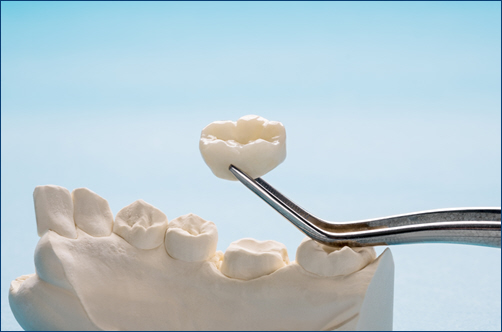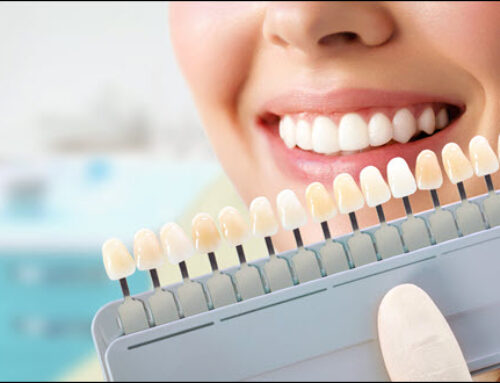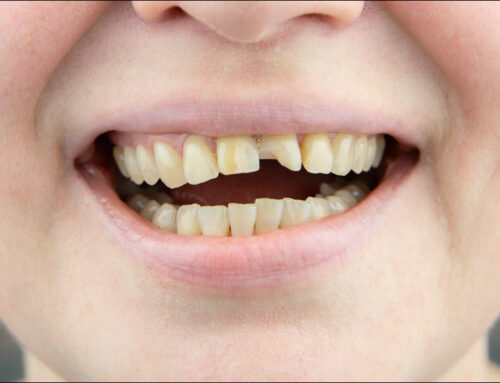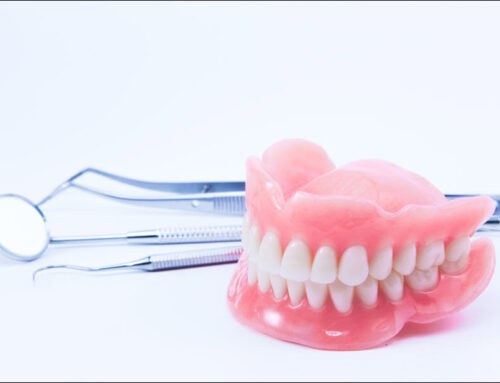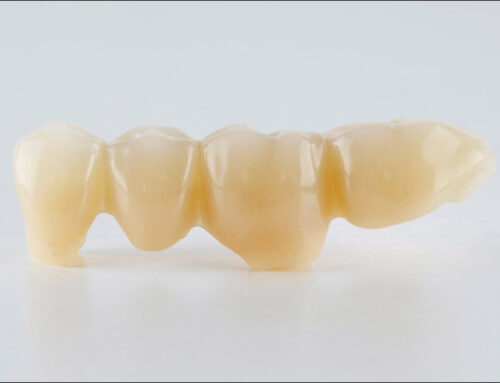Dental crowns are a common restorative solution designed to cover and protect damaged or weakened teeth. They are essential for restoring both function and aesthetics. Crowns come in various materials, each suited for specific dental needs. Understanding the different types of crowns and their uses can help you make informed decisions about your dental care.
Porcelain Crowns
Porcelain crowns are favored for their natural appearance and ability to blend seamlessly with surrounding teeth. They are an excellent choice for visible teeth, such as the front ones, where aesthetics are a priority. Porcelain crowns are known for their strength and durability, making them suitable for restoring teeth that have been significantly damaged or discolored. They are also a good option for patients with metal allergies, as they contain no metal.
Porcelain-Fused-to-Metal (PFM) Crowns
Porcelain-fused-to-metal crowns combine the durability of metal with the aesthetic appeal of porcelain. These crowns have a metal base that provides strength and support, while the porcelain layer on top offers a natural look. PFM crowns are versatile and can be used for both front and back teeth. They are particularly useful for patients who need a strong restoration but still want a tooth that looks natural. However, the metal base can sometimes cause a dark line at the gumline, which might be noticeable in certain cases.
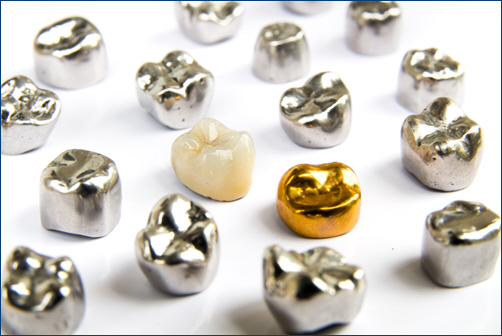 Metal Crowns
Metal Crowns
Metal crowns, including those made from gold, platinum, or other alloys, are highly durable and resistant to wear and tear. They are often recommended for back teeth where the pressure from chewing is greatest. Metal crowns are less prone to chipping or cracking compared to other types. These are ideal for patients with heavy grinding habits. While they are not as aesthetic as porcelain or PFM crowns, they provide a strong, long-lasting solution for teeth that require extra protection.
Resin Crowns
Resin crowns are made from composite materials and are generally less expensive than porcelain or metal crowns. They are often used as a temporary solution while waiting for a permanent crown. They are also for patients seeking a more affordable option. While resin crowns are less durable and prone to wear compared to other types, they can be a suitable choice for short-term use or for less critical restorations.
Choosing the right type of dental crown depends on various factors, including the location of the tooth, aesthetic preferences, and budget. Porcelain crowns offer a natural look, PFM crowns combine strength with appearance, metal crowns provide durability, and resin crowns are cost-effective for temporary solutions. Consulting with your dentist will help determine the best crown type for your specific needs, ensuring optimal function and appearance for your restored teeth.

